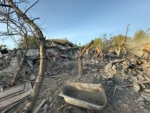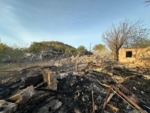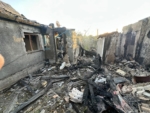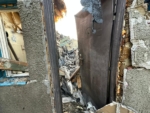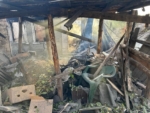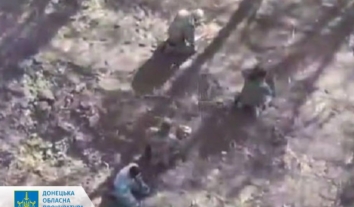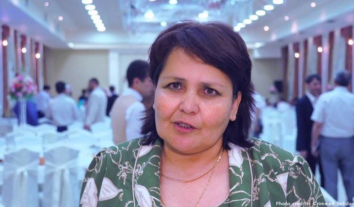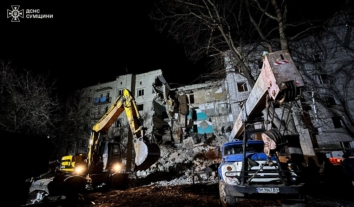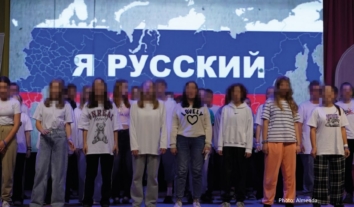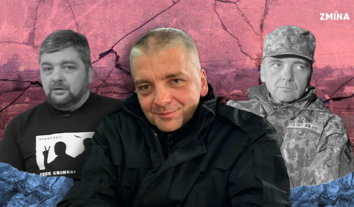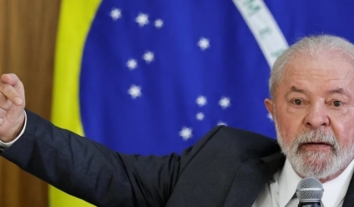Russian army personnel kill four civilians in Donetsk Oblast over past 24 hours
A total of 4 people were killed and 11 others injured as a result of Russian attacks on the Donetsk Oblast on September 26, according to Vadym Filashkin, head of Donetsk Oblast Military Administration. Over the last 24 hours, Russians attacked populated areas in Donetsk Oblast 27 times.
According to Filashkin, Russian forces killed one person in Siversk and damaged two houses. In Toretsk, they killed two people, wounded two more, and damaged a house. One person died and three sustained injuries in Chasiv Yar, where attacks also damaged 11 homes, a multi-storey building, and a non-residential building.
Russian attacks wounded a man and damaged 10 houses in Kurakhivka. In Myrnohrad, they injured a man and damaged seven houses. Two more people sustained injuries in Pokrovsk, where an administrative building was also damaged. Russian forces also bombarded Kurakhove, Trudove, Dachne, Dalne, and Sontsivka.
Furthermore, Russian attacks destroyed three houses in Nove and damaged two in Kryva Luka and one in Ozerne. In Raihorodok, they destroyed eight homes and damaged 75 more. They hit 10 facilities in Tarasivka.
In Kostiantynivka, attacks struck five houses and two infrastructure facilities, while in Viroliubivka, they hit a home and a power transmission line.
To provide context, on September 12, 2024, Russians killed three International Committee of the Red Cross (ICRC) staff members and injured two others in a morning artillery attack on Viroliubivka in Kostiantynivka hromada, Donetsk Oblast. The attack destroyed a lorry carrying humanitarian aid and a car.
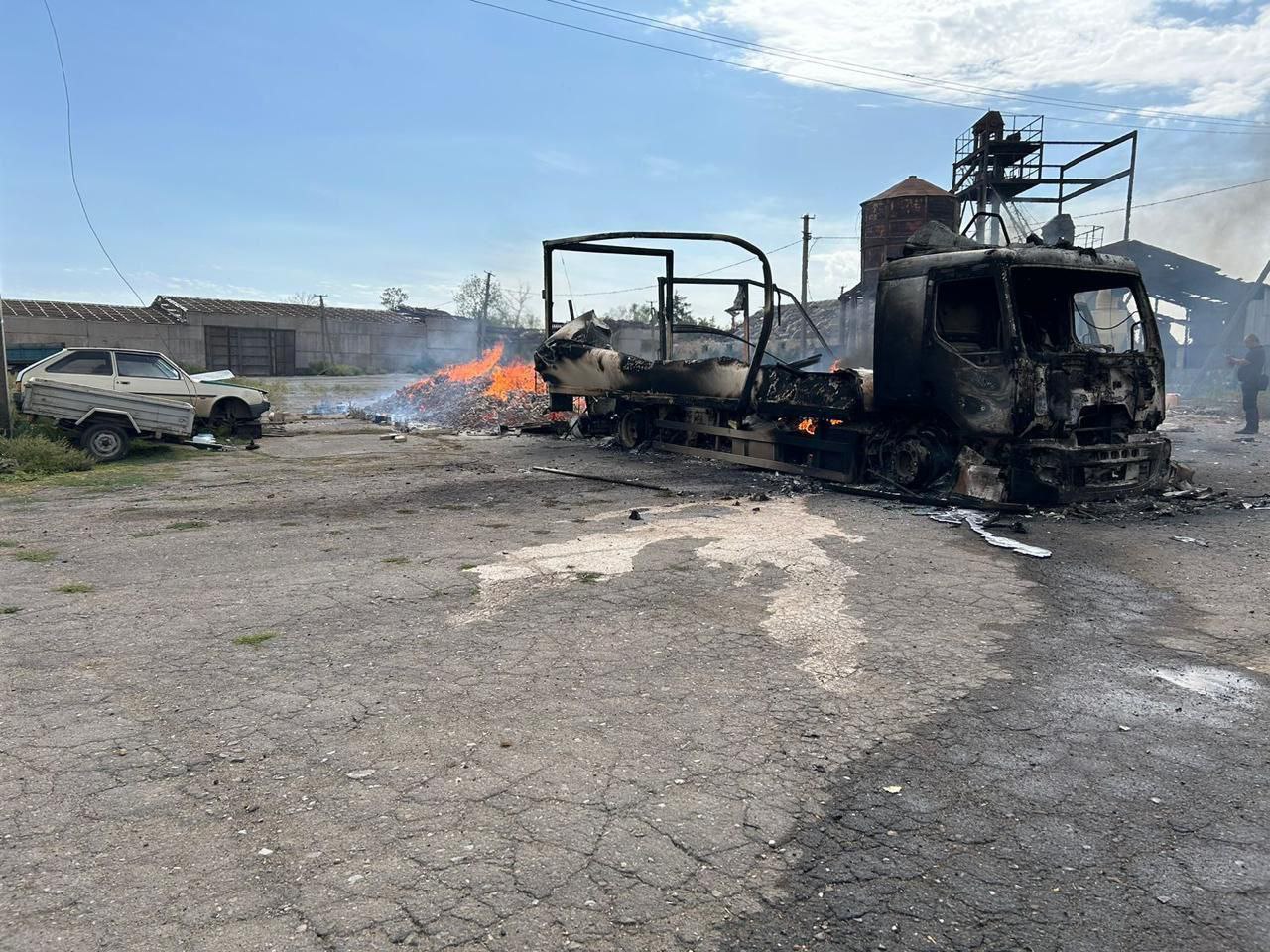
Dmytro Lubinets, the Ukrainian Parliamentary Commissioner for Human Rights, called on the ICRC to publicly condemn Russia’s actions which violate the Geneva Conventions. He expressed outrage at international organizations’ lack of response.
The ICRC stated that their team had been preparing to distribute firewood and fuel briquettes north of Donetsk when Russian forces fired on their vehicles. The organization’s statement did not specify the attacker.
At the Yalta European Strategy meeting, Ukrainian President Volodymyr Zelenskyy criticised the ICRC for failing to attribute the attack to Russia. He commented, “This is our life, but it’s their face. And this is not just the truth – it’s a Russian strike; it is Russian terror.”
Moreover, Russian forces killed three men aged 24, 46, and 69, and injured three others in an attack on Kostiantynivka, Donetsk Oblast, on September 7, according to the Donetsk Oblast Military Administration and the Donetsk Oblast Prosecutor’s Office. The Russians shelled the town with artillery.
The attack injured three civilians: a 50-year-old woman and two men aged 29 and 59. Doctors diagnosed them with shrapnel wounds to their arms and legs.
The shelling damaged a multi-storey building, an administrative building, a shop, a pharmacy, six cars, and three power lines.
To provide context, the Russian Federation uses temporarily occupied Crimea as a military foothold for its military aggression from the south of Ukraine, shelling Ukrainian cities from the peninsula. Ukrainian authorities have repeatedly stated the importance of de-occupying the Crimean Peninsula.
Earlier, US Deputy Secretary of State Kurt Campbell stated on September 10 that China is providing direct support to the Russian military apparatus, thus assisting its war against Ukraine.
Previously, China frequently denied supplying Russia with weapons for use in Ukraine, insisting that it does not provide weapons to either side and has a neutral position on the war in Ukraine.
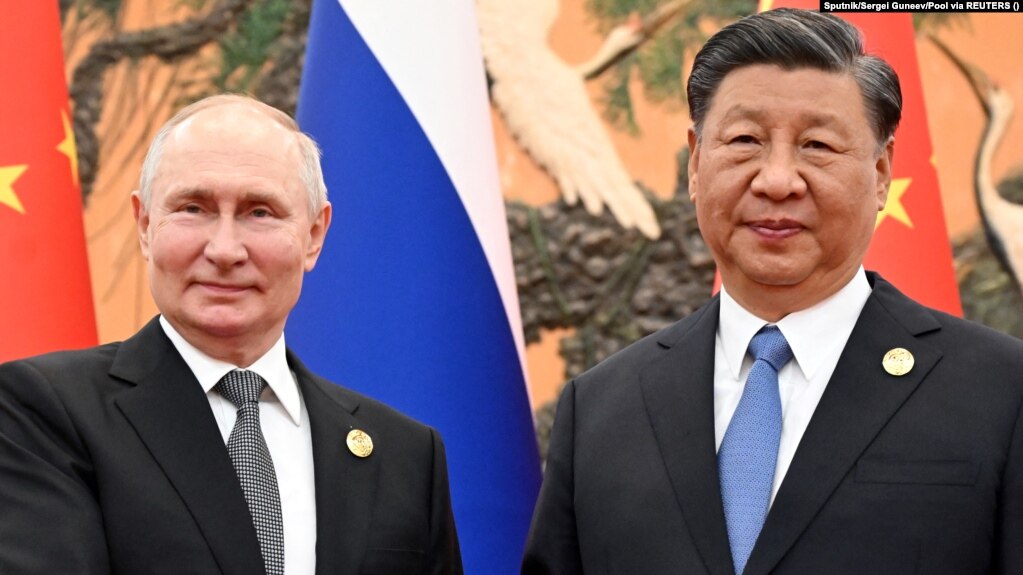
Campbell said of China’s latest assistance to Russia that “these are not dual-use capabilities” and they “are basically being applied directly to the Russian war machine”.
“These are component pieces of a very substantial effort on the part of China to help sustain, build and diversify various elements of the Russian war machine,” he added, stressing that the collaboration between Russia and China is “worrisome”, Politico quotes Campbell.
According to Campbell, in exchange for Beijing’s help, Russia has started giving China technologies it had not shared before, “in areas where previously they had been frankly reluctant to engage directly with China,” from submarines and aeronautical design to missile capabilities.
Earlier, Reuters reported that Ukraine considers China to be the biggest problem due to the fact that most components in Russian weapons found on Ukrainian battlefields are of Chinese origin.
Vladyslav Vlasyuk, an adviser to the President of Ukraine, noted that approximately 60% of foreign components used in conventional weapons come from China. He explained that this has been a key topic of discussion with various manufacturers, and emphasized that the biggest challenge in this regard is the People’s Republic of China.
He stated that Russia uses Chinese components in drones, surveillance systems, and even missiles. Moreover, some components are also supplied from the United States, the Netherlands, Japan, Switzerland, and other Western countries, despite sanctions.
Vlasyuk stated that the European Union could increase its efforts to stop the flow of Western products to Russia. For example, by also taking measures against the Russian state nuclear energy corporation Rosatom.
He mentioned that Rosatom is suspected of using its networks to supply the Russian military. However, European capitals are hesitant to act, given Russia’s significant role in the supply of nuclear power plants.
According to Vlasyuk, the bloc could also target Russian logistics, such as airports and seaports, as well as financial institutions that facilitate sales. He also pointed to the US sanctions package on IT, which he said was very effective after coming into force earlier this month.
During his address to the General Assembly, Volodymyr Zelenskyy warned that Russia plans to attack three nuclear power plants in Ukraine as winter approaches.
In addition, he urged countries to support Ukraine’s Peace Formula, asserting that it is the only path to a just peace. The Formula consists of ten points.
The Ukrainian President argued that other initiatives, including those proposed by China and Brazil, would allow the aggressor state to continue its war against the Ukrainian people.
Photos: Vadym Filashkin

